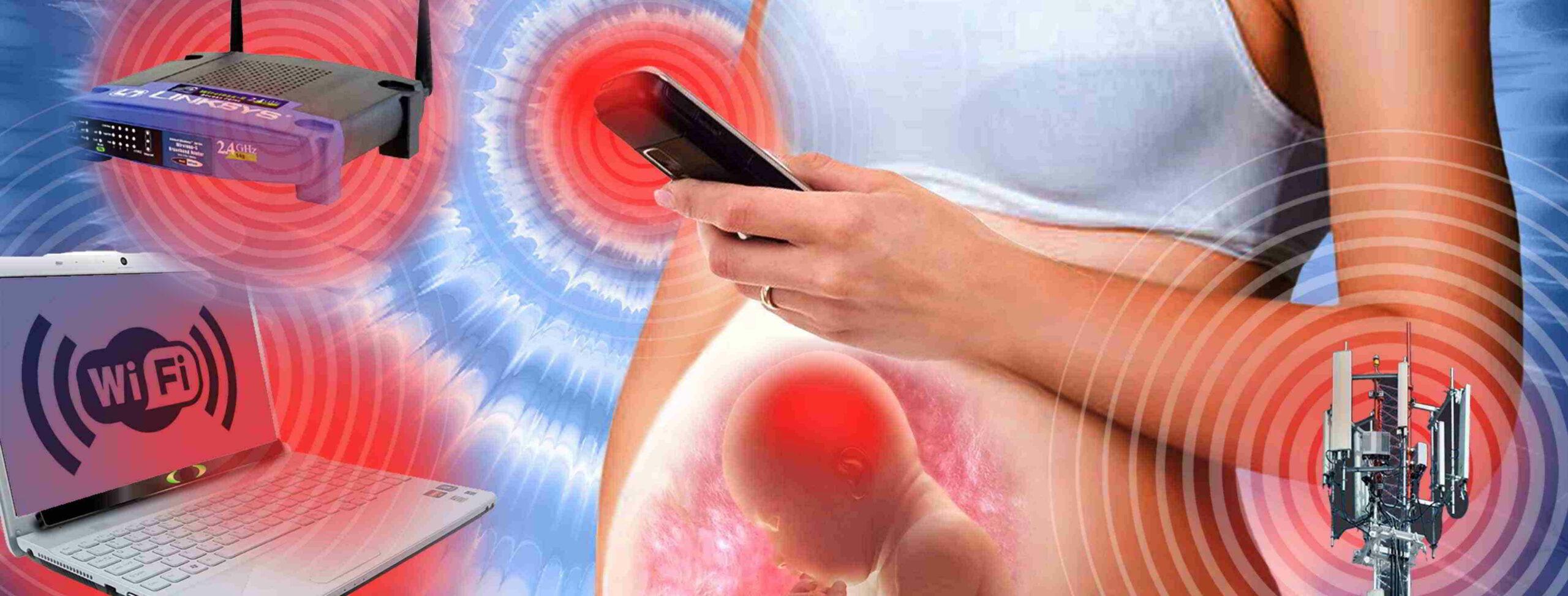Source: Brain Health Breakthroughs Newsletter
info@awakeningfromalzheimers.com
==================================
We are living in a smartphone world. Take a look around. Almost everywhere you go, folks are staring at their phones like zombies.
These little devices are obviously addictive. And too many people can’t seem to put them down or stop peering at their screens.
The problem with this obsession goes beyond the social and relational implications. Researchers are finding that all of that phone use is warping the structure of the neuronal networks in our brains. And not in a good way.
The Brain’s White Matter Matters
One of the chief concerns highlighted by new studies of how smartphones affect the brain centers on their influence on white matter.
White matter in your brain forms an informational highway that lets neurons in different parts of the brain communicate with each other. This tissue, deep within the brain, contains nerve fibers and axons that facilitate the conduction of electrical signals.
And the changes that using a smartphone makes to the brain’s white matter, say Asian researchers, may have a “sustained negative impact on thinking, remembering, attention and emotion regulation.”1
The researchers found that disruptions in the brain’s white matter linked to smartphone use may also cause diminished proprioception (the perception of where your body is) and lead to what are called “sensorimotor deficits.” These deficits can result in some loss of coordinated muscle control.
The researchers point out that at least half of young adults are now engaged in what the scientists call “smartphone dependence,” and that overuse of smartphones around the world has become epidemic.
Neurotransmitter Changes
Result in Anxiety, Fatigue
Another study in Asia shows that hours spent on your phone can change the balance of neurotransmitters in your brain in ways that can make you more anxious and fatigued.
Staring at that little screen too much, the study found, can result in increases in a brain chemical called gamma aminobutyric acid (GABA). One of GABA’s functions is to moderate neuronal signals in the brain and regulate muscle movement and vision. And at the same time as smartphone use is linked to an increase in GABA, researchers found an apparent simultaneous drop in a neurochemical called Glx (glutamate-glutamine).2
This could be problematic because other research has found that low levels of Glx may be linked to gambling problems and increases in impulsive behavior.3
This begs the question, with so many children hooked on smartphones, some starting as young as seven years old, how much of the recently reported increase in impulsive behaviors and lack of attention and focus is related to their smartphone use?
While the researchers I’ve discussed weren’t studying children, they found smartphone use causes changes in the brain that are alarming –even more so if they occur in children.
For example, these changes in neurotransmitters affect what takes place in a part of the brain called the cingulate cortex. This brain location contains neurons that control your blood pressure and pulse rate and are also involved with emotional shifts and your ability to make reasonable decisions. According to the scientists, the imbalance of neurotransmitters may hamper your learning abilities and make it harder to retain new information.
Other problems linked to smartphone use include:
-
Interrupted sleep and weight gain: Research at the University of Copenhagen in Denmark showed that phone use at night results in significantly less sleep and a greater chance of being overweight.4 And yet another study in Asia – folks on that continent are as hooked on their phones as we are – found that the more you use your phone, the worse you sleep.5
-
Possible increased risk of cancer: Research at the University of Houston shows that in the evening the blue light from your phone can shrink your body’s nocturnal secretion of melatonin by almost 60 percent. Aside from helping you sleep, this hormone helps the body fight off cancer.6 And the brain cancer risk due to smartphone emissions of EMFs is now established as far as I’m concerned. Based on what I’ve learned, I recommend minimizing cell phone use and never hold a phone close to your ear. Always use headphones or put the phone on speakerphone when you talk.
-
Decrease in memory and intellectual performance: A study in Switzerland found that radiation from phones, when you hold them near your head, is linked to poorer memory in young adults.7 They echo the advice I just gave to use headphones or the speakerphone…
Lee Euler
Publisher
References:
